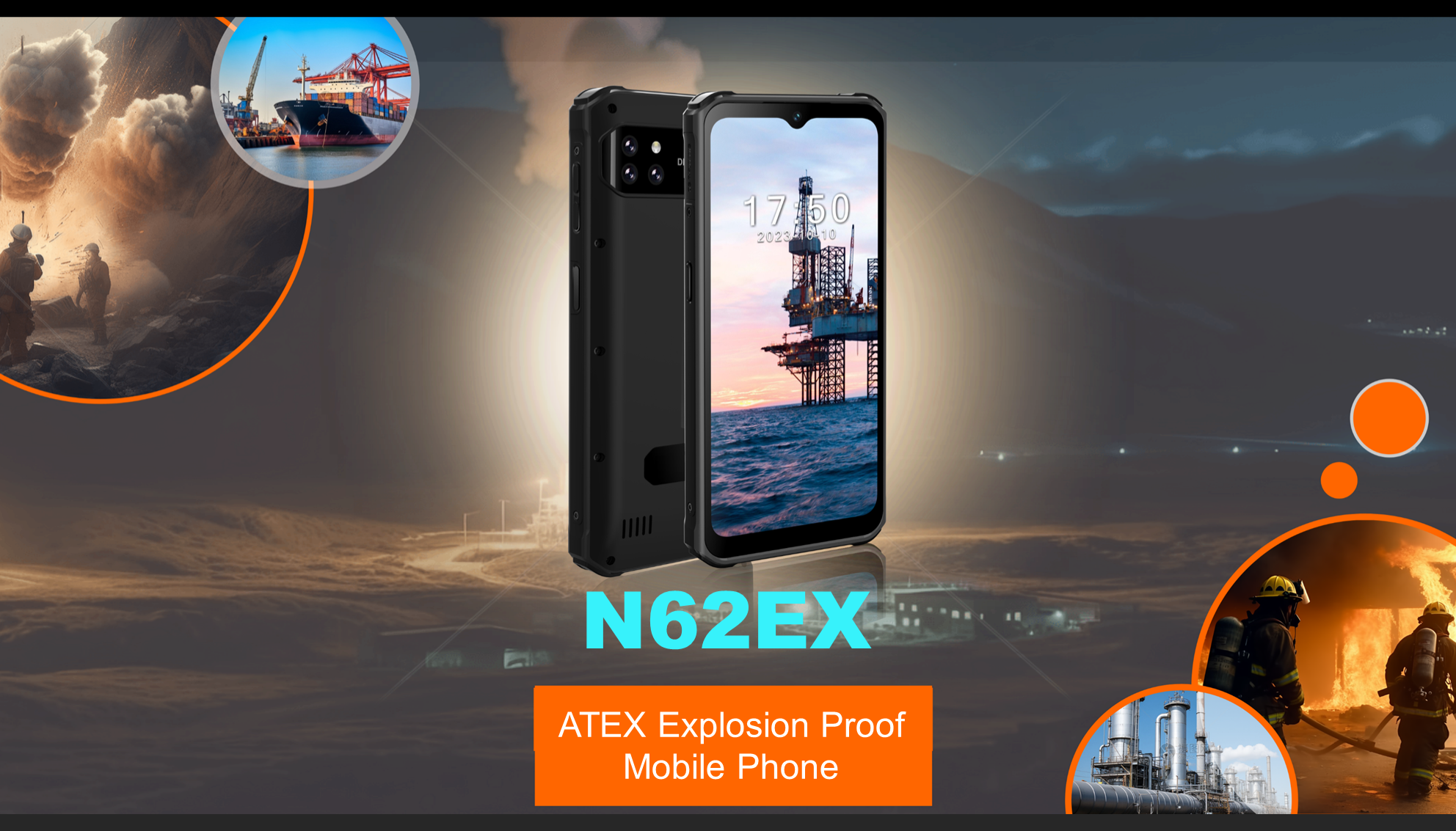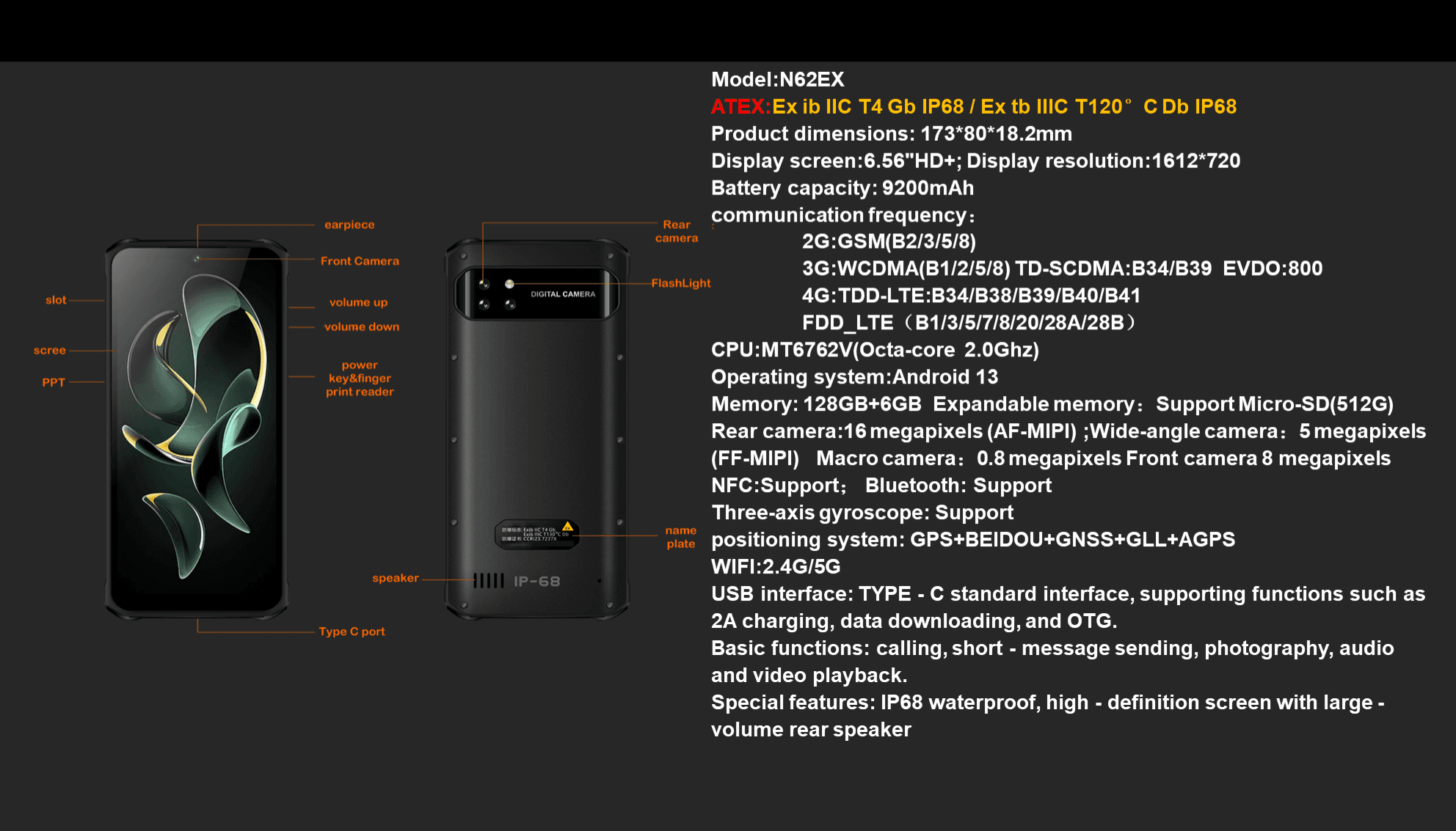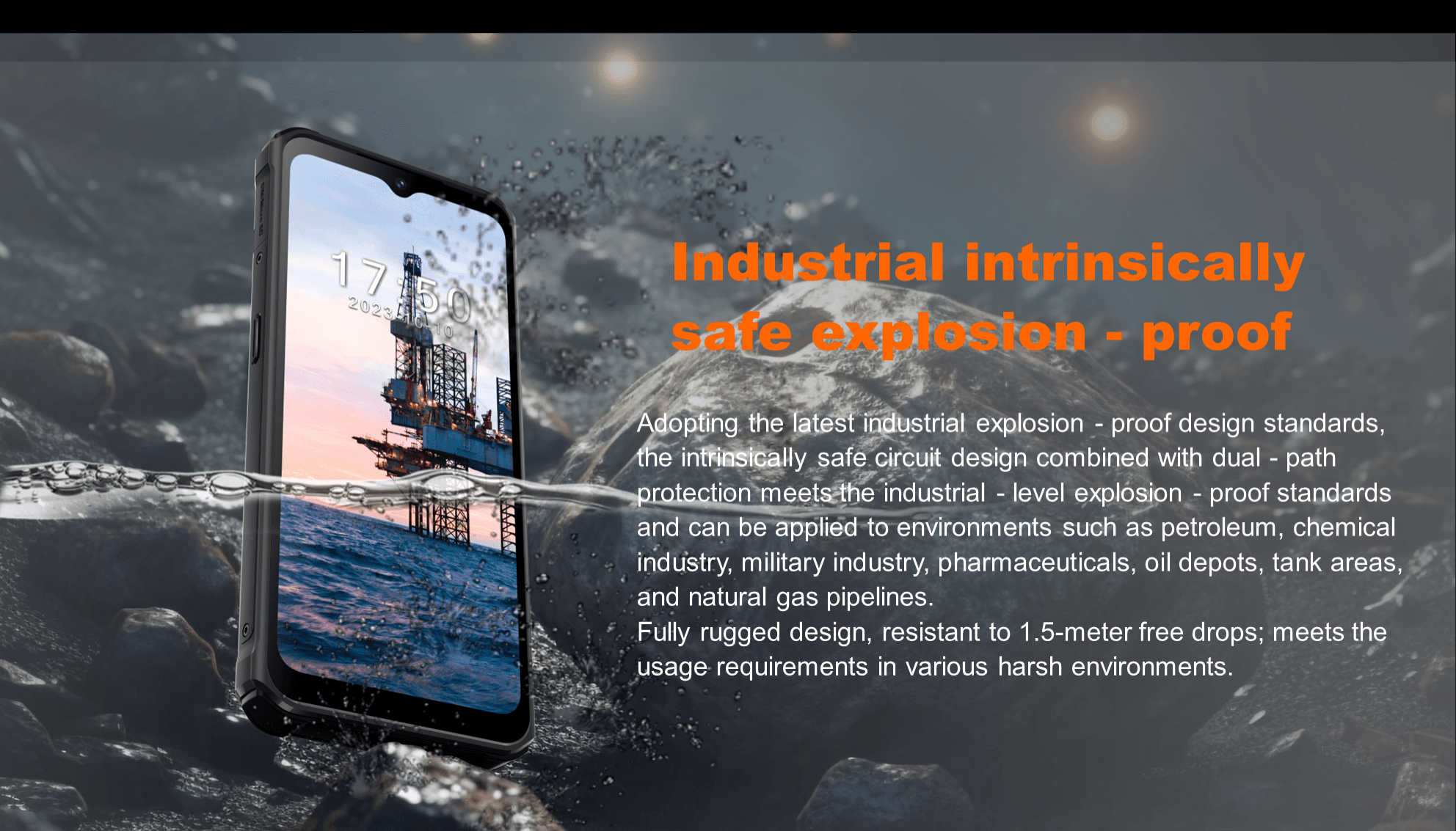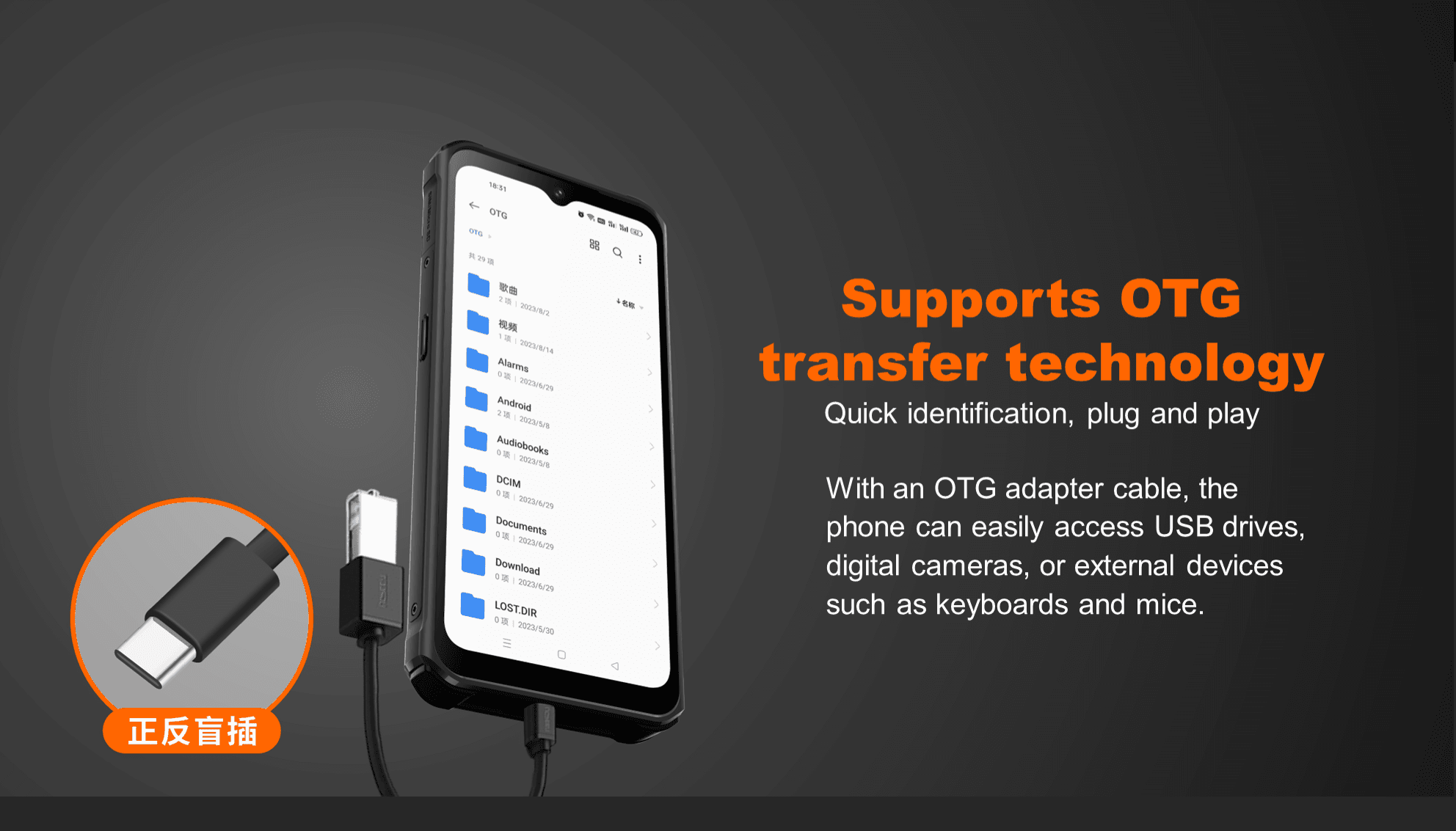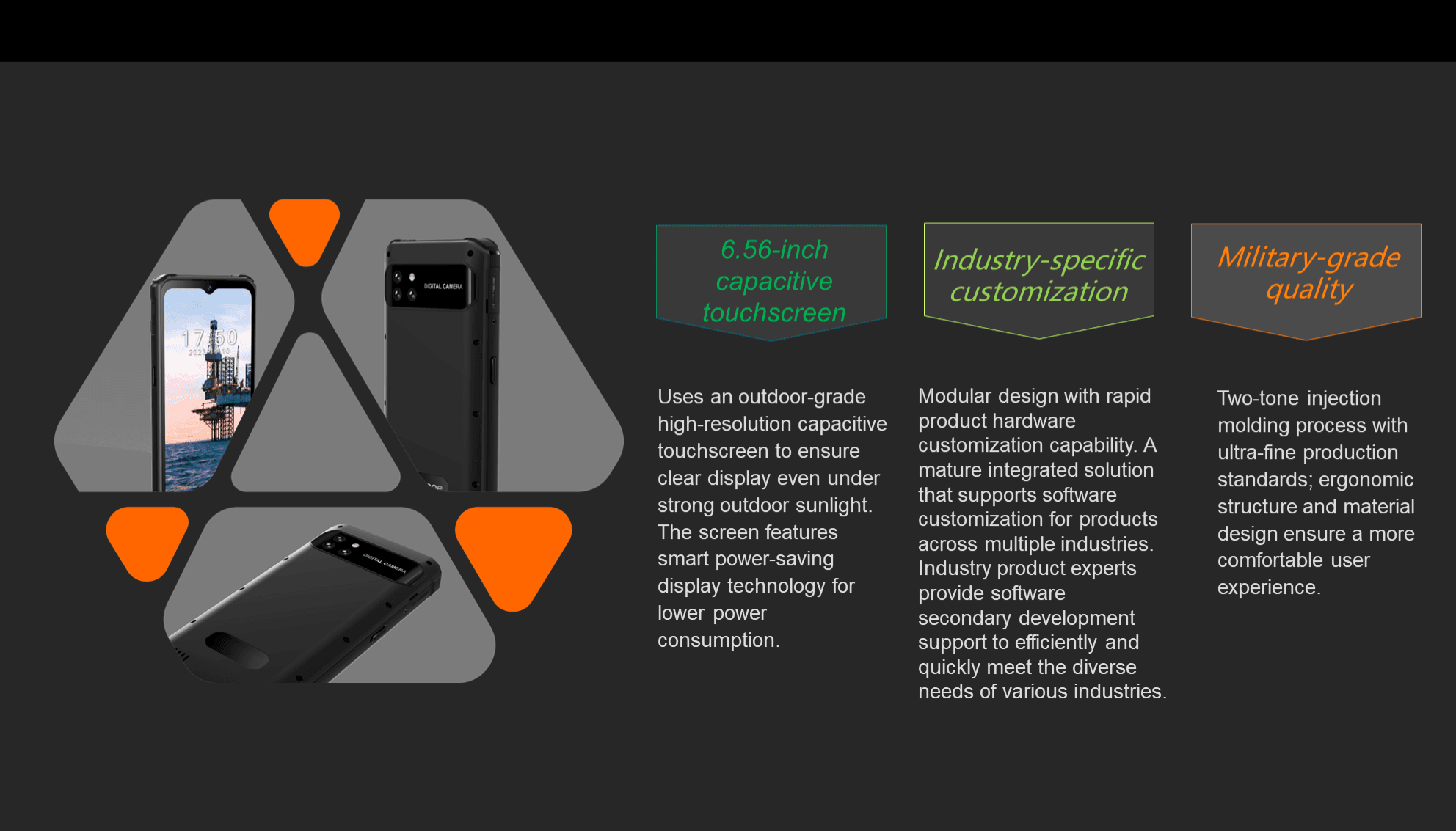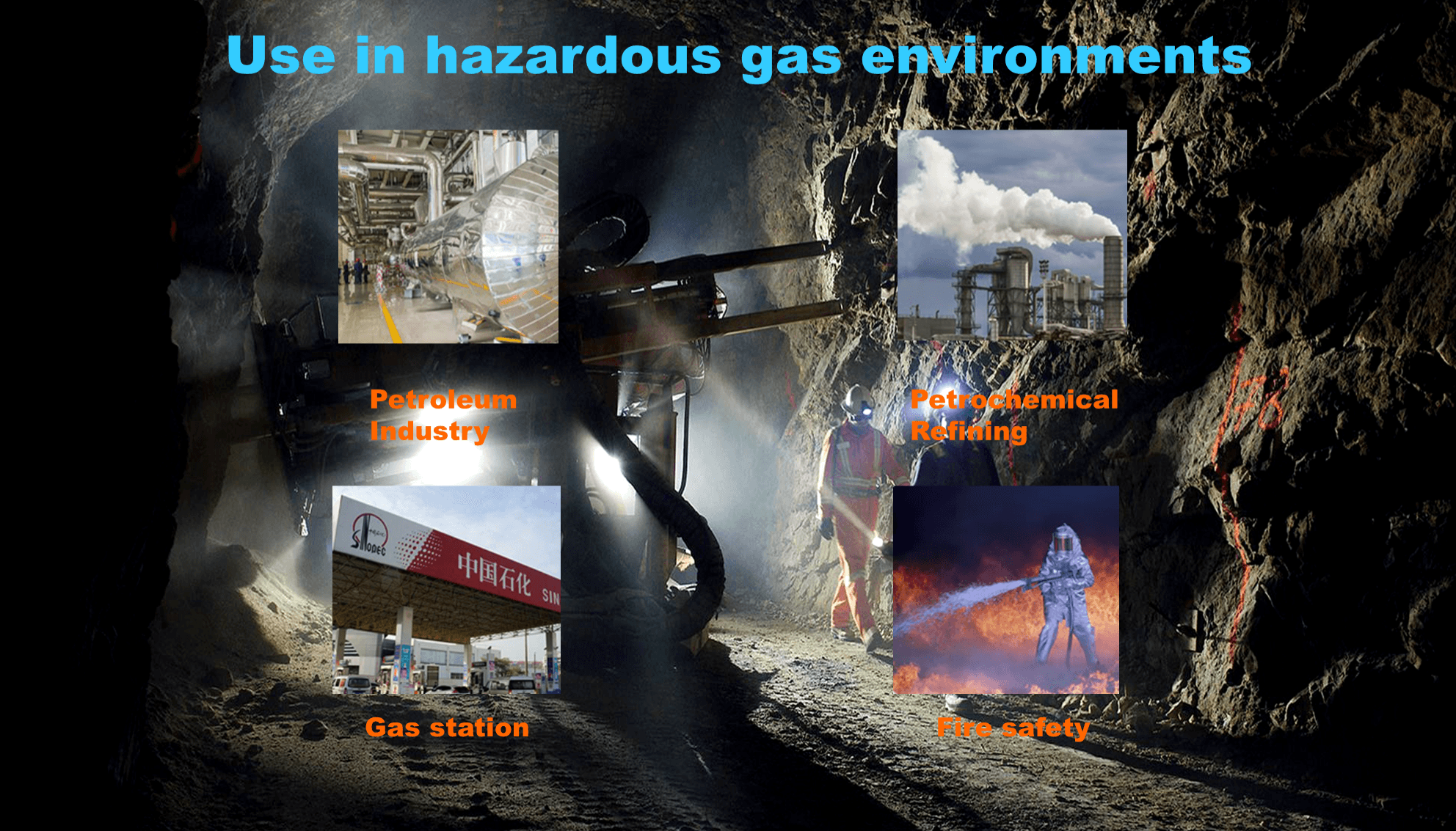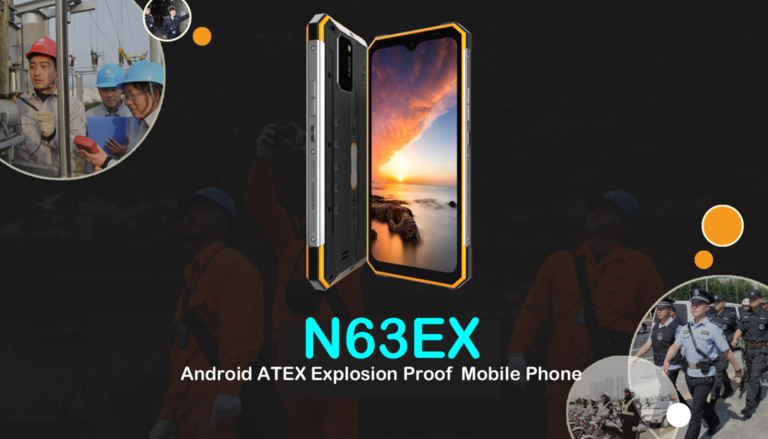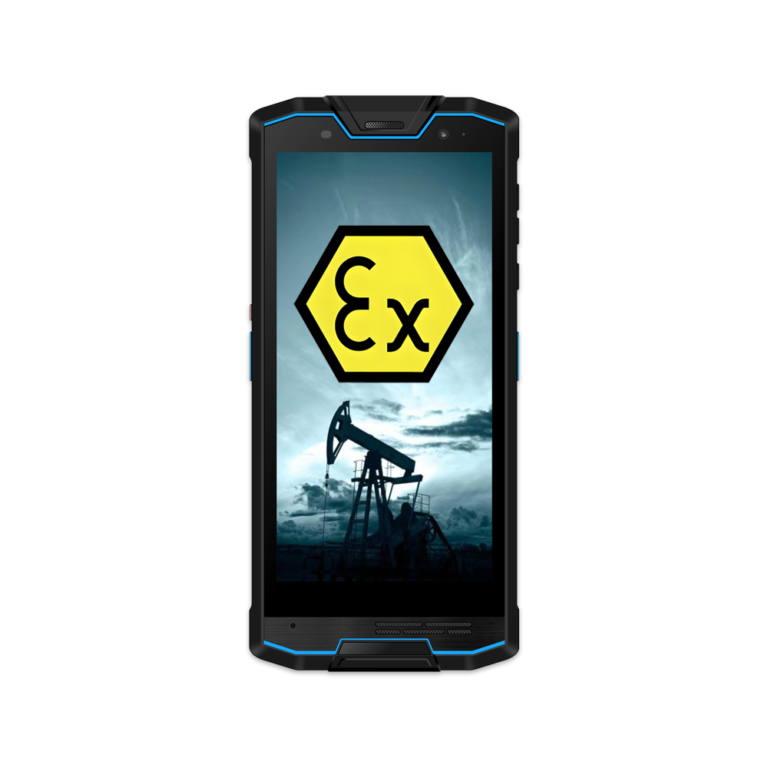The Role of ATEX Phones in Hazardous Environments: A Case Study in Qatar
The Role of ATEX Phones in Hazardous Environments: A Case Study in Qatar
Introduction
In industries where flammable gases, vapors, or dust are present, the need for specialized equipment to ensure safety is paramount. One such essential tool is the explosion proof mobile phone, designed to operate securely in volatile environments. ATEX phones are built to meet stringent safety standards, preventing sparks that could trigger explosions. This article explores the significance of ATEX mobile devices, focusing on their application in Qatar’s industrial landscape.
Understanding ATEX and Explosion Proof Mobile Phones
ATEX is a European certification that ensures equipment is safe for use in explosive atmospheres. An ATEX phone is specifically designed to function without igniting hazardous substances in its surroundings. These ex proof phones undergo rigorous testing to guarantee their reliability, making them indispensable for sectors such as oil and gas, chemical processing, and mining.
Explosion proof mobile phones incorporate specialized casings, intrinsically safe circuits, and other advanced technologies that minimize risks in dangerous work environments. By utilizing an ATEX mobile device, companies can ensure that workers stay connected without compromising safety.
Applications of ATEX Mobile Phones in Qatar
Qatar, known for its vast oil and gas reserves, has numerous industrial sites where explosion risks are prevalent. The adoption of ATEX phones in these sectors has significantly improved communication, safety, and operational efficiency. Several key industries in Qatar benefit from explosion proof mobile phones:
- Oil and Gas Sector Qatar is one of the world’s leading natural gas exporters. Offshore and onshore facilities require ex proof phones to facilitate safe communication among personnel working in hazardous areas. ATEX mobile devices ensure seamless operations without the risk of igniting volatile gases.
- Petrochemical Industry The country’s thriving petrochemical industry demands robust safety measures. Workers in refineries and chemical plants utilize explosion proof mobile phones to coordinate processes without endangering their surroundings.
- Construction and Infrastructure Development Large-scale infrastructure projects, including tunnels and underground facilities, present risks associated with dust explosions. The use of ATEX phones enhances safety protocols for engineers and construction workers.
Case Study: ATEX Phone Implementation in a Qatari LNG Facility
One of Qatar’s major liquefied natural gas (LNG) processing plants recently integrated ATEX mobile phones into its daily operations. Before adopting ex proof phones, workers relied on traditional communication tools, which posed safety concerns. The introduction of explosion proof mobile phones led to:
- Enhanced Safety: The risk of accidental ignition was significantly reduced, ensuring compliance with safety regulations.
- Improved Communication: Workers in hazardous zones could communicate without needing to leave restricted areas.
- Operational Efficiency: Tasks were completed faster as real-time coordination improved workflow.
Conclusion
As industrial operations continue to expand, the need for reliable and safe communication tools becomes more crucial. ATEX phones play a vital role in ensuring worker safety and operational efficiency in hazardous environments. Qatar’s reliance on explosion proof mobile phones in industries such as oil and gas, petrochemicals, and construction underscores their importance. Investing in ATEX mobile technology is not only a regulatory requirement but also a strategic move towards a safer and more efficient workplace.
